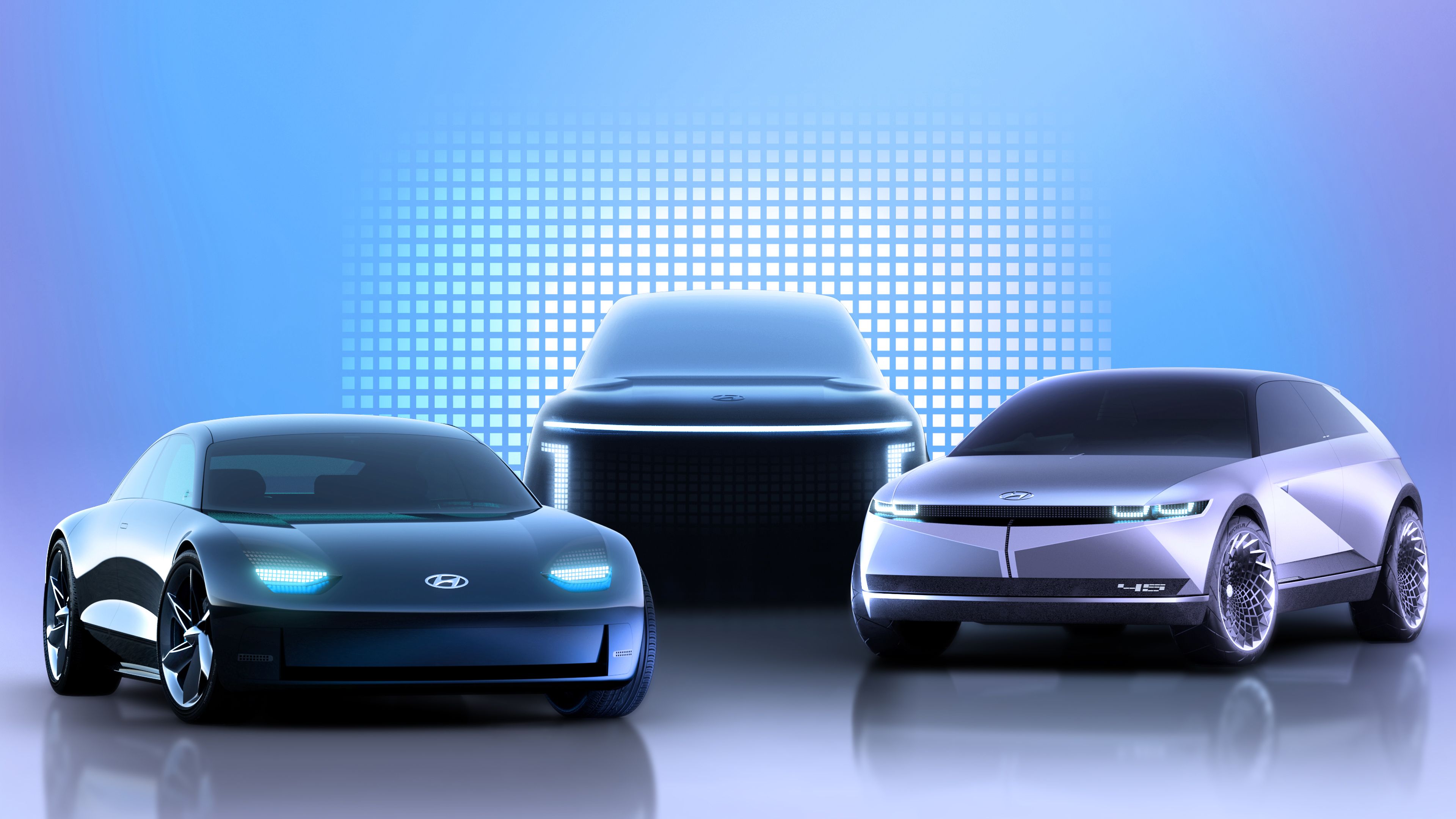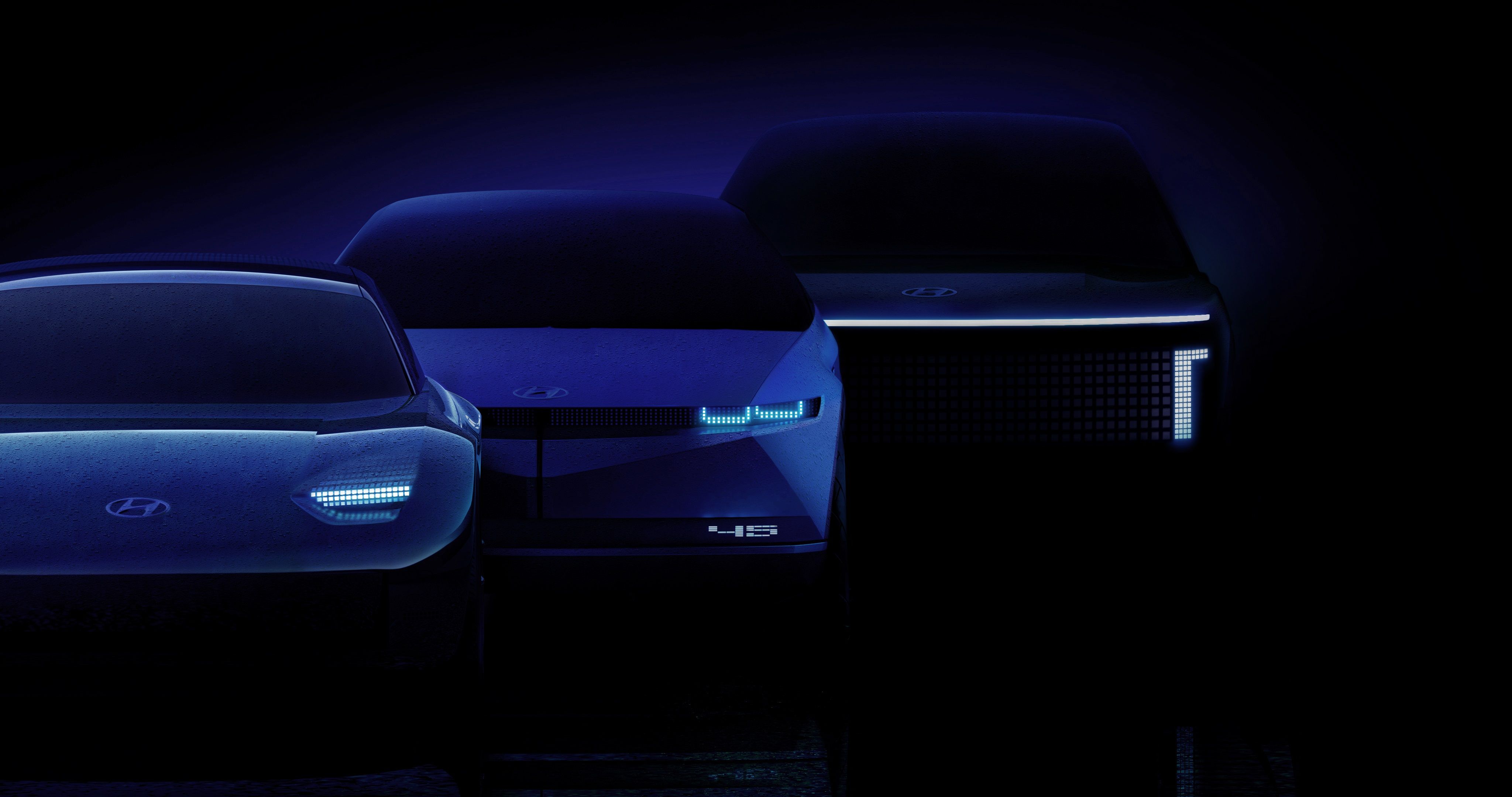As the world continues to grapple with the coronavirus pandemic, Hyundai is making good on its goal to keep pushing forward with its pre-COVID-19 plans. One of those plans involves the creation of a new sub-brand that will become the official home of the automaker’s all-electric vehicles. The sub-brand, called Ioniq, will serve as a complement to Hyundai’s other sub-brand, Genesis, and offer battery electric vehicles. Three new all-electric models will serve as the foundation of the new sub-brand. A mid-size crossover EV will arrive first in 2021, followed by a sedan model in 2022 and a large SUV in the early part of 2024. All of this is part of Hyundai’s long game for battery-electric vehicles, which primarily involves selling 560,000 EV models by 2025. If for nothing else, Hyundai’s best-laid plans before the coronavirus pandemic brought the world to its knees is still moving along, proving that resiliency is as much a part of Hyundai’s DNA as anything we’ve seen from the automaker in the past.
Where did Hyundai get the name "Ioniq" from?
Hyundai’s had plans to launch an all-electric division for some time now. Those plans evolved into a sub-brand altogether, but then the coronavirus pandemic happened, and a lot of those best-laid plans across the entire auto industry were either shelved or completely scrapped. As it Turns out, Hyundai’s undeterred with what it set out, and it even picked a name close to its heart for its new sub-brand.
What's the Ioniq 5?
The Ioniq 5 will be the first of three models that Hyundai plans to release in the next four years. Based on the Hyundai 45 Concept that the Korean automaker unveiled at the 2019 Frankfurt Motor Show, the Ioniq 5 is a mid-sized crossover that already hit the on-road prototype testing stage back in February 2020. Very little was revealed from the heavily camouflaged crossover, though it’s worth pointing out that it lacked the sharp-edged styling that was one of the 45 Concept’s most defining qualities. Even with all the wraps, the test mule looked a lot like a production prototype.
Powertrain details are still a mystery at this point but it should be offered with dual motors - one on each axle. The Ioniq 5 is the first of three Ioniq models that will eventually serve as the foundation models of the new all-electric sub-brand. It’s scheduled to hit the market in 2021.
2019 Hyundai 45 EV Concept specifications
|
Engine |
electric motor |
|---|---|
|
Horsepower |
201 HP |
|
Torque |
291 LB-FT |
|
Range |
258 miles |
|
Battery |
64-kWh Li-ion-polymer |
What's the Ioniq 6?
What's the Ioniq 7?
The last of the three all-electric models that will make up Ioniq’s initial lineup is the Ioniq 7.




